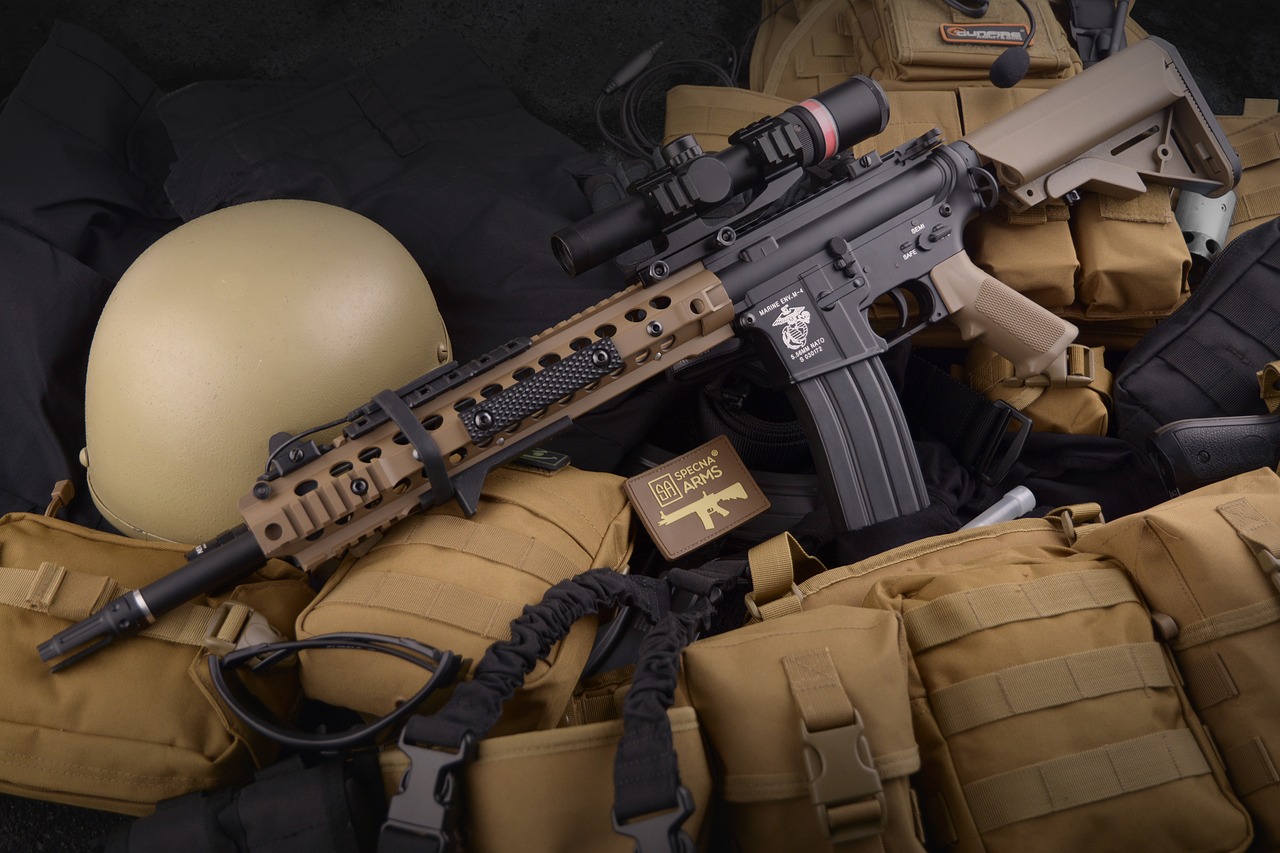Shooters equip their barrels with all sorts of attachments to improve performance. Some add compensators to counter muzzle rise; in certain types of competition where timed shots count the difference is even greater, so compensators are an efficient and useful muzzle device.
Reduces Muzzle Rise
A compensator is a device attached to the end of your gun’s barrel that helps control any upward kick your handgun may experience after each shot, which could compromise accuracy and make hitting targets difficult in future shots.
Compensators redirect gases borne of an explosion to offset the force that pushes your handgun up and down, in an effort to counteract muzzle rise. They do this by adding ports similar to brake pads atop barrels – these ports vent upward while pushing down on it to decrease muzzle rise; some designs even include side ports to combine both effects for maximum reduction in muzzle rise.
Compensators not only reduce muzzle rise but also significantly lessen firing noise. This can be especially advantageous for shooters practicing indoor range shooting or group firing lines as those around you will be less exposed to the force of blasts from gunshots.
Be wary when using a compensator on your pistol; certain designs can drastically decrease muzzle rise and interfere with follow up shots. Furthermore, gasses vented from compensators may become hot enough to burn your hand when handling it after shooting.
Reduces Felt Recoil
As with muzzle brakes, compensators redirect the force of recoil by venting gases in various directions to minimize felt recoil (backward force felt by a shooter). Less felt recoil means faster firing rates which is particularly useful for tactical or defensive applications where multiple shots must be fired in quick succession to neutralize an imminent threat.
As compensators divert combustion gases upward, they also lower the force that causes your gun to “kick up” after each shot, making it easier to maintain sight alignment and place follow-up shots more precisely. As such, compensators are frequently seen on rifles used for competition shooting where magazines must be cleared quickly as quickly as possible; and on handguns used defensively or self-defensively where fast follow-up shots may make all the difference in such scenarios.
However, compensators produce a noticeable shockwave when fired; this may pose problems when shooting from group prone positions on ranges or indoor ranges with other people present; for this reason it may be wise to opt for a blast diffuser (sometimes known as sound suppressor) as opposed to compensators in order to limit potential shockwaves from firing your gun.
